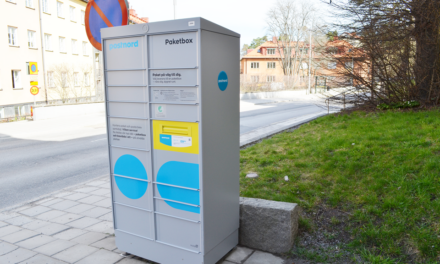
Royal Mail paid twice for letters to charity (UK)
The Royal Mail is often being paid twice for donors’ letters to charities, Third Sector (June 11) reveals.
Many charities supply Freepost envelopes to supporters but tell them that if they use a stamp it will save the charity money. But the Royal Mail has introduced an automated system for sorting Freepost envelopes that cannot tell whether envelopes are stamped. So unless their staff spot the stamps, the charity will pay postage and the donor will pay for the stamp.
“Royal Mail has failed to properly communicate to charities the change in circumstances,” says Lindsay Boswell, the Chief Executive of the Institute of Fundraising.
WaterAid has stopped asking donors to put stamps on Freepost envelopes and Samaritans has changed its wording from “if you use a stamp it will save us money” to “it could save us money”. Twelve charities from the Direct Marketers in Fundraising Group met Royal Mail in March to find a solution but say the company cancelled a follow-up meeting. A Royal Mail spokesman
A task force will study how charities can deliver more welfare-to-work initiatives.
The Department for Work and Pensions (DWP) and the Association of Chief Executives of Voluntary Organisations (ACEVO) jointly launched the task force, reports Third Sector Online.
The voluntary sector missed out on most DWP contracts to provide back-to-work services for people on incapacity benefit last year. The task force will look at the barriers the sector faces.
The Royal Mail is often being paid twice for donors’ letters to charities, Third Sector (June 11) reveals.
Many charities supply Freepost envelopes to supporters but tell them that if they use a stamp it will save the charity money. But the Royal Mail has introduced an automated system for sorting Freepost envelopes that cannot tell whether envelopes are stamped. So unless their staff spot the stamps, the charity will pay postage and the donor will pay for the stamp.
“Royal Mail has failed to properly communicate to charities the change in circumstances,” says Lindsay Boswell, the chief executive of the Institute of Fundraising.
WaterAid has stopped asking donors to put stamps on Freepost envelopes and Samaritans has changed its wording from “if you use a stamp it will save us money” to “it could save us money”. Twelve charities from the Direct Marketers in Fundraising Group met Royal Mail in March to find a solution but say the company cancelled a follow-up meeting. A Royal Mail spokesman
A task force will study how charities can deliver more welfare-to-work initiatives.
The Department for Work and Pensions (DWP) and the Association of Chief Executives of Voluntary Organisations (ACEVO) jointly launched the task force, reports Third Sector Online.
The voluntary sector missed out on most DWP contracts to provide back-to-work services for people on incapacity benefit last year. The task force will look at the barriers the sector faces.
“I expect it to result in a step-change in DWP-third sector relations,” says Stephen Bubb, ACEVO’s chief executive.











